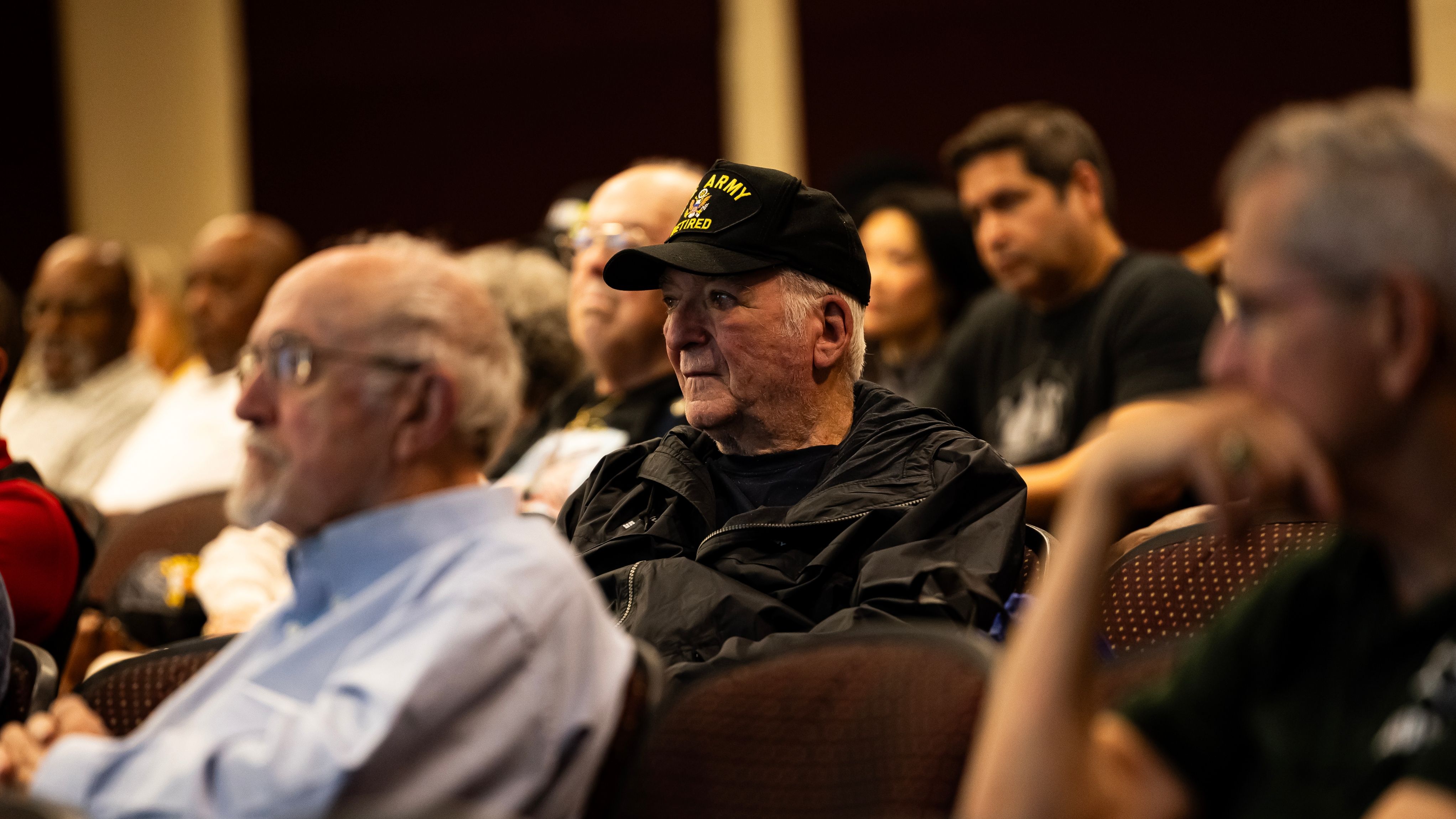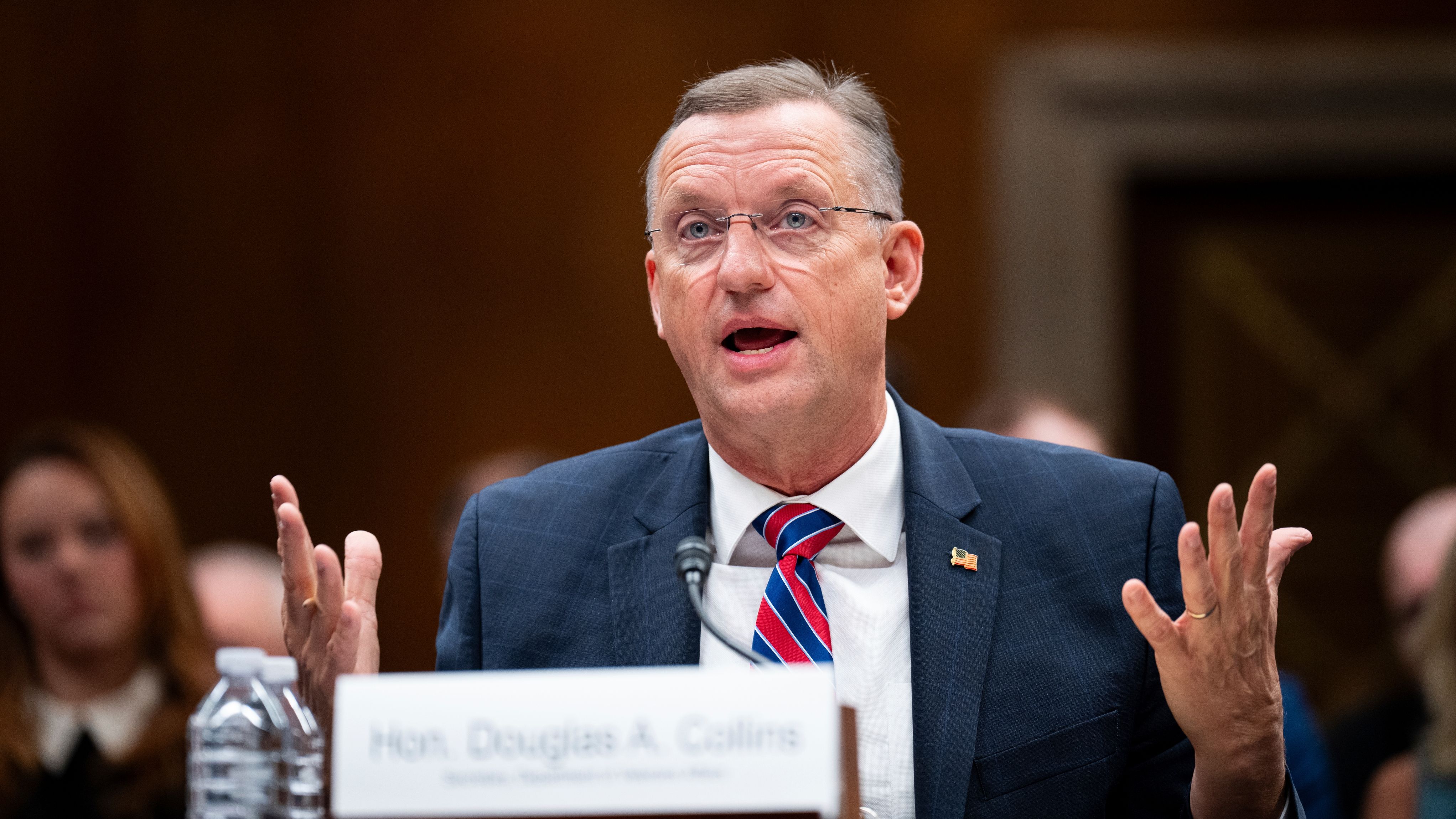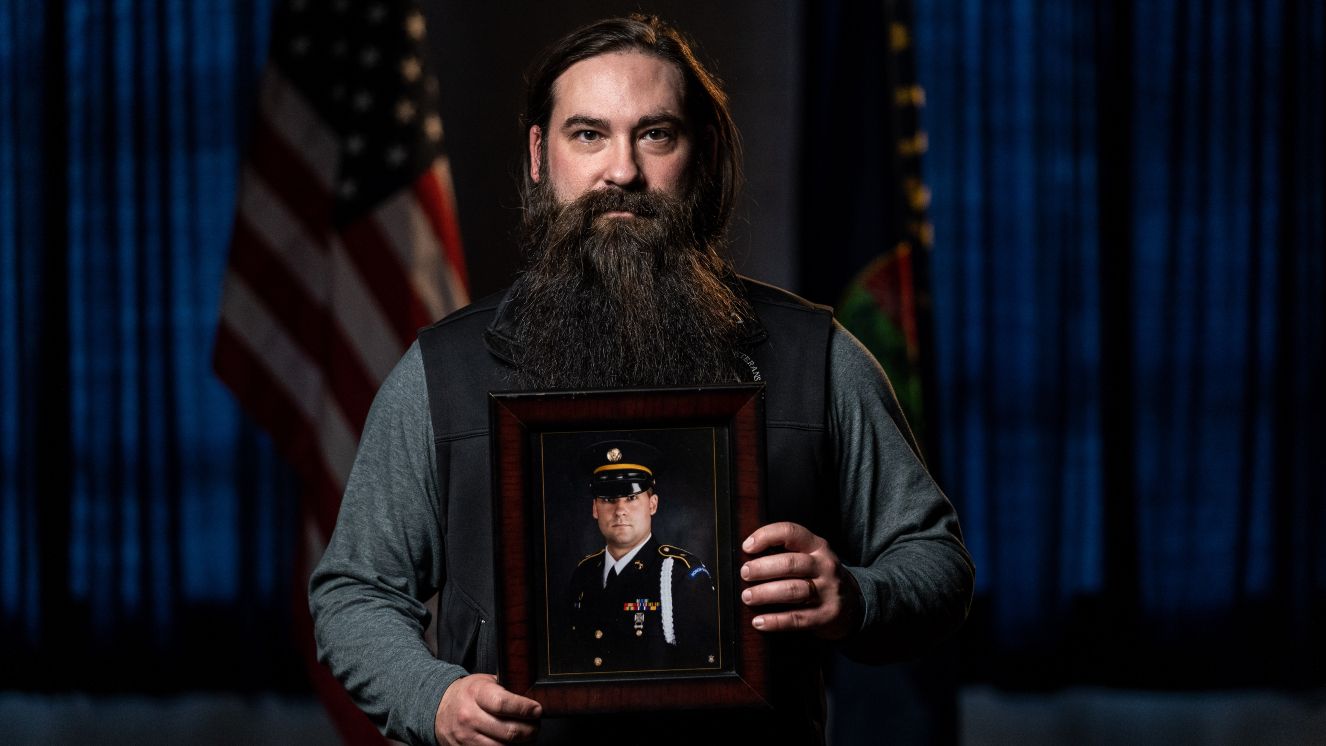LAWMAKERS ENDORSE MDMA THERAPY FOR VETERANS STRUGGLING WITH PTSD
COMMENT
SHARE

Most Vets face some health issues once they are discharged from service, with some of these issues lasting a lifetime. One of them is PTSD; a study shows that 7% out of 100 had it. This stems from experiences in combat, and exposure to a life-threatening experience, or a severe training accident. As such, this disease is more common among Vets than among their civilian counterparts. Post Traumatic Stress Disorder is prominent in female Vets, as 13% out of 100 have it. To help these service members, lawmakers are now pushing for the approval of MDMA treatment despite its rejection by FDA panels.
Is MDMA Treatment Effective?
With the advancement of technology, there are a lot of studies and treatments that come out to cure or help ease the result of PTSD, and one of them is the controversial MDMA treatment. The use of methylenedioxymethamphetamine (MDMA) to treat this disease has provided remarkable results, especially in treating chronic PTSD since this is a challenging psychiatric condition to treat. With Vets who are exposed to traumatic events, even the best treatments can merely manage to ease the symptoms. Despite this controversial treatment, around 86.5 percent of participants experienced a significant benefit. And in the end, 71.2 percent are no longer within the bracket for PTSD. Those who are suffering from PTSD do not have the same cluster of symptoms. Instead, they share an experience of having a traumatic event, and their symptoms occur because of their incapability to process that trauma successfully. MDMA treatment helps release neurotransmitters like norepinephrine, dopamine, and serotonin. Still, this should be a collaboration of the patient and the doctor. However, a successful treatment does not erase the traumatic memories. It only allows the wound to close and helps the patient to have more control over their emotions.
What Are the Common Treatments for PTSD?
Treating post-post-traumatic disorder will help the person regain control over their life. One of the most common treatments is psychotherapy, or talk therapy. Some of the treatments used include cognitive therapy, exposure therapy, and eye movement desensitization and reprocessing.Psychotherapy also helps you manage stress in various situations and better cope with life. These approaches can be a big help in gaining control of fear after a traumatic event. The second popular treatment is medications. Your therapist may prescribe you antidepressants, prazosin, or anti-anxiety medications. You can also work with your doctor to determine the best medication for your symptoms and situation. Improvements in your mood may occur after a few weeks.
Lawmakers on MDMA Treatment
Last July 10, 2024, parties on both sides of Congress joined to pressure the Food and Drug Administration to authorize the use of MDMA for PTSD treatment to reduce or end the crisis of suicide problem among Vets. Retired Marine Lieutenant General Rep. Jack Bergman, R-Mich; former Navy SEAL Rep. Morgan Luttrell; Army Veteran Rep. Jimmy Panetta; and Rep. Lou Correa gathered to support the medication before the FDA decision by Aug. 11. This gathering also commemorates the art installation at the Capitol building with nearly 150,000 dog tags that represent the almost 150,000 Veterans who lost their lives by suicide since 9/11. All of this effort is to show how the MDMA treatment can help those who are suffering from PTSD overcome their trauma and live a normal life. Meyer, a Medal of Honor recipient, mentioned that the use of MDMA has helped change his life. In the US, there are approximately 17 Vets who have died by suicide. The most vital contributing factor is PTSD. The FDA is expected to issue a statement on the matter in mid-August if they will allow MDMA treatment along with the use of conventional cognitive therapy as a treatment for PTSD. However, an advisory of the panel mentioned that they recommended that the agency decline approval for the drug. Even though there are surveys conducted, the panel is still not convinced, saying that the participants have used MDMA in the past. Thus, their feedback is biased. In more than two decades, there have been no new approvals for treating PTSD; the only accepted FDA-approved drugs are Paxil and Zoloft. Additionally, there are no exposures to therapy; that's why most of those who are in favor of MDMA are hoping that it will be approved. Still, lawmakers are encouraging those Vets, or those who are suffering from PTSD, to seek help. Related reads:
Join the Conversation
BY ALLISON KIRSCHBAUM
Veteran, Military History & Culture Writer at VeteranLife
Navy Veteran
Allison Kirschbaum is a Navy Veteran and an experienced historian. She has seven years of experience creating compelling digital content across diverse industries, including Military, Defense, History, SaaS, MarTech, FinTech, financial services, insurance, and manufacturing. She brings this expertis...
Credentials
Expertise
Allison Kirschbaum is a Navy Veteran and an experienced historian. She has seven years of experience creating compelling digital content across diverse industries, including Military, Defense, History, SaaS, MarTech, FinTech, financial services, insurance, and manufacturing. She brings this expertis...



